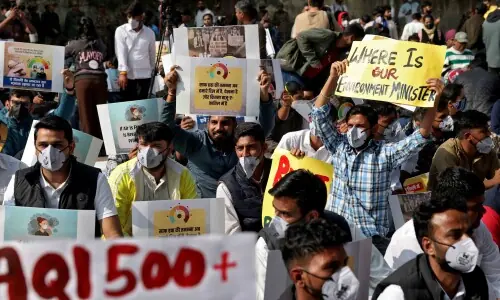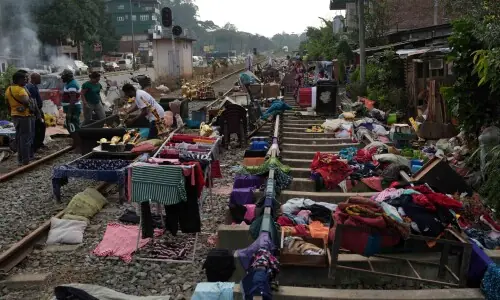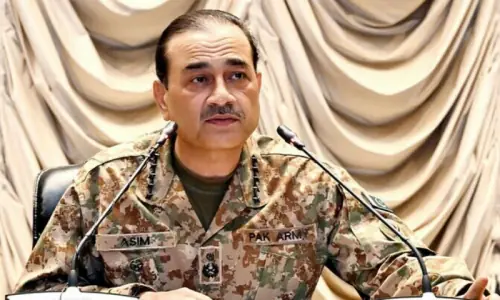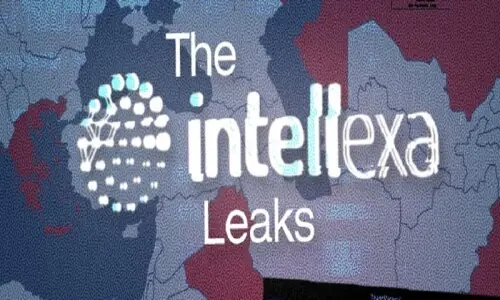WASHINGTON, May 4: India blocked official channels of communication with Pakistan during the 2001-02 border crisis, increasing the possibility of a nuclear conflict in one of the world's most populous regions , says a new report released in Washington.
"The lack of official channels and agreed methods of communication during the crisis had dangerous implications for the two nuclear-armed states," says the report released by a Washington think-tank, the Stimson Center.
The author, Rahul Roy-Chaudhury, argues that the 2001-02 crisis had three distinct phases. In the first phase _ Dec 13, 2001, to May 14, 2002 _ India threatened the use of conventional force against Pakistan.
In the second phase _ May 14, 2002, to June 17, 2002, _ this threat was supplemented by an appeal to the international community to pressure Pakistan to stop supporting jihadi groups.
During both phases, New Delhi downplayed nuclear dangers to avoid lending credence to Pakistan's claim of Kashmir as a "nuclear flash point". During the third phase of the crisis _ June 17, 2002, to April 18, 2003 _ this policy was reversed, as New Delhi sought to reaffirm nuclear deterrence as well as conventional military options if Pakistan continued to support unconventional warfare against India.
"This important analysis clarifies that contradictory signalling can be expected during a crisis in South Asia since national leaders will be addressing domestic, cross-border, and international audiences," says Michael Krepon, the Stimson Center's director of programming on South Asia.
"Given these inconsistent messages, it follows that nuclear risk reduction requires the avoidance of war and crises." Mr Roy-Chaudhury asserts that Indian and Pakistani leaders will need to find ways to keep channels of communication open during an intense crisis; improve the clarity and understanding of signalling; limit the number of "actors" engaged in nuclear signalling; understand better the internal dynamics of each other's political systems and principal signallers; and create and maintain a reliable "back channel" of communication during a crisis period.
He points out that during the 10-month-long military mobilization of 2001-02, New Delhi deliberately downgraded its relations with Islamabad. It withdrew its High Commissioner to Pakistan, and halved the strength of respective diplomatic missions. This increased the dependence of both states on public diplomacy and rhetoric as the most significant channel of bilateral communication, he observes.
During much of the border confrontation, India and Pakistan used the media to send "signals" on nuclear as well as conventional matters, the author says. "These signals were multiple in nature, carried out at multiple levels, and addressed to multiple constituencies _ internal, regional, and international."
In the third phase, India increased its rhetoric and Prime Minister Atal Behari Vajpayee claimed that if he had not attacked Pakistan it was not because Pakistan's nuclear deterrence had worked. "If Pakistan had not agreed to end infiltration, and America had not conveyed that guarantee to India, then war would not have been averted," he said.
Indian Defence Minister George Fernandes went a step ahead and said: "We can take a bomb or two or more. But when we respond there will be no Pakistan." Later, in an interview to BBC, he warned: "Pakistan has decided that it wants to get itself destroyed and erased from the world map, then it may take this step of madness (using nuclear weapons), but if (it) wants to survive then it would not do so."


































